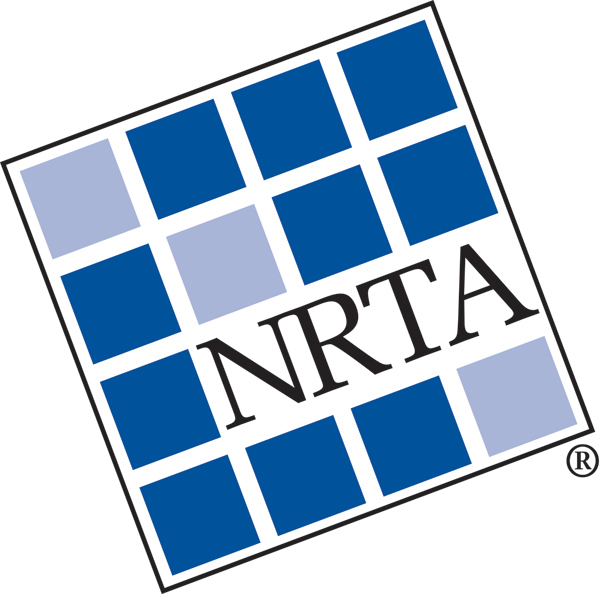How do business leaders evaluate ROI?
Paul Kinney, NRTA Executive Director
There has been growing interest in adapting Return-on-Investment thinking to professional development and education. Business leaders correctly seek a monetary return on their spending.
But ROI is more than a simple expense sheet comparison. Ultimately, the fundamental question to ask is, “How best can we use all our limited resources to improve staff performance and meet our goals of protecting our real estate portfolio?”
To answer that ROI question, thoughtful leaders are taking into consideration the learning experience and outcomes like employee development, worker interaction skills, higher staff retention rates, and increased professional career options.
This more complete approach starts with real estate management taking a step back and making an assessment of an employee’s needs. This begs the question: “What resources will meet this need?” Business decision makers have the opportunity to structure their staff development investment around some key steps:
• Identify the core need. What fundamental performance needs are we focusing on, and what’s our action plan for addressing it?
• Consider. What are the investments in staff development that we currently make, and what else could we do?
• Define. What are the relative costs needed to invest in order to provide the skills and knowledge required to control occupancy obligations, lease commitments, uncontrolled cost overages and errors?
• Ask the question. What other staff development resources do we need to consider? If not NRTA then what?
Participation at NRTA’s Expanding Knowledge Conference provides attendees the education needed for implementing the best practices and skills important when considering return on investment.
The individuals who possess this NRTA experience are valuable assets when it comes to preventing occupancy cost overages and staff performance effectiveness. Successful participation in this three day forum is a validation of specific skills and knowledge.
NRTA programs not only encourage professionals to acquire new skills and advanced industry knowledge, but also prepare participants to earn industry- recognized expertise. The multi-course participation at this annual conference are invaluable resources to a company that is serious about how it prepares for the extreme demands of today’s real estate management business. With NRTA’s professional education programs, corporations tune and build upon a talented labor force: netting reduced costs, increased revenue, and heightened work-place productivity.
Corporations must be proactive in today’s aggressive business environment. Employees must continually refresh their industry knowledge in order to keep a professional advantage when interacting with landlord practices. NRTA’s education program provides career professionals with new concepts, best-practice techniques and proven strategies for managing in today’s competitive tenant-landlord world.
